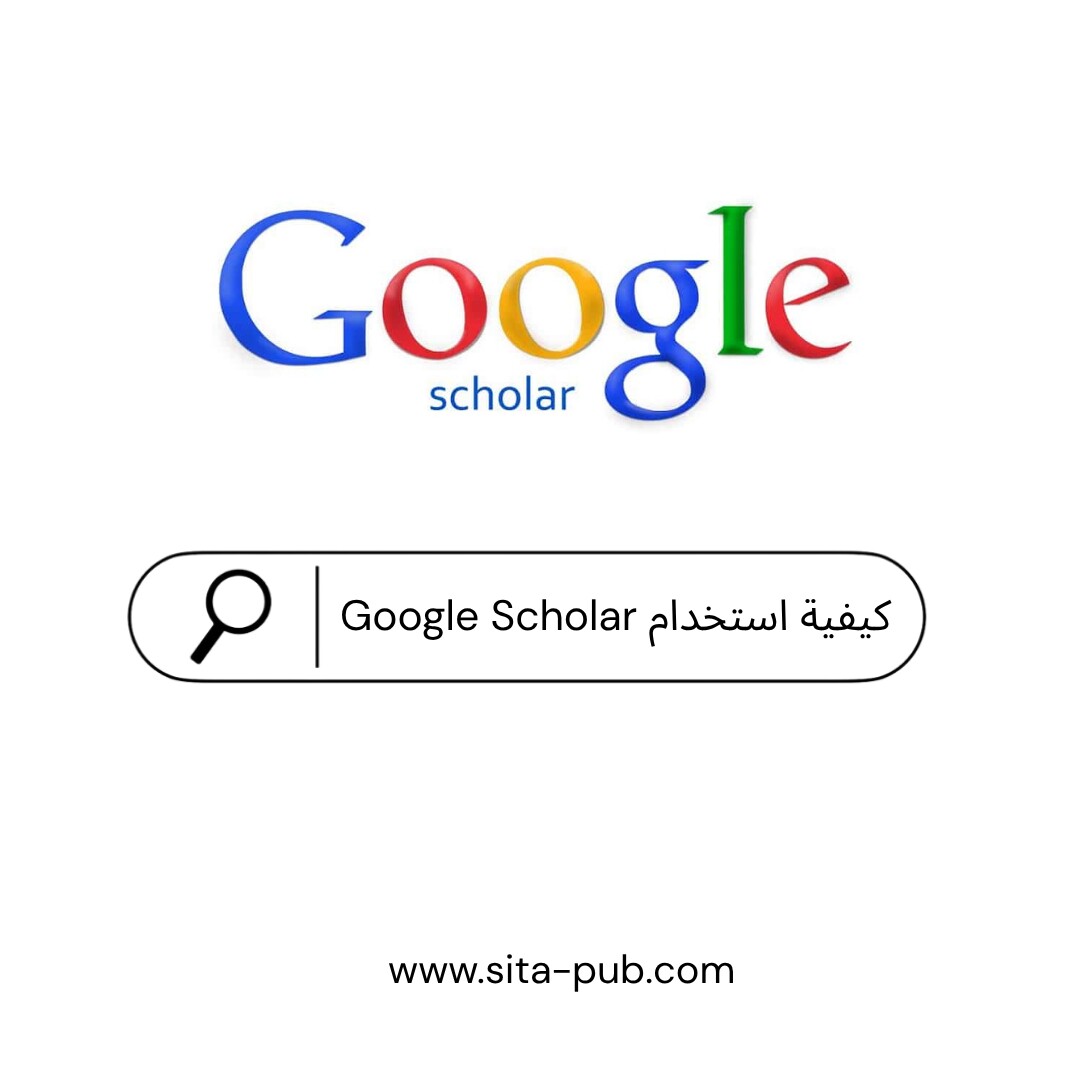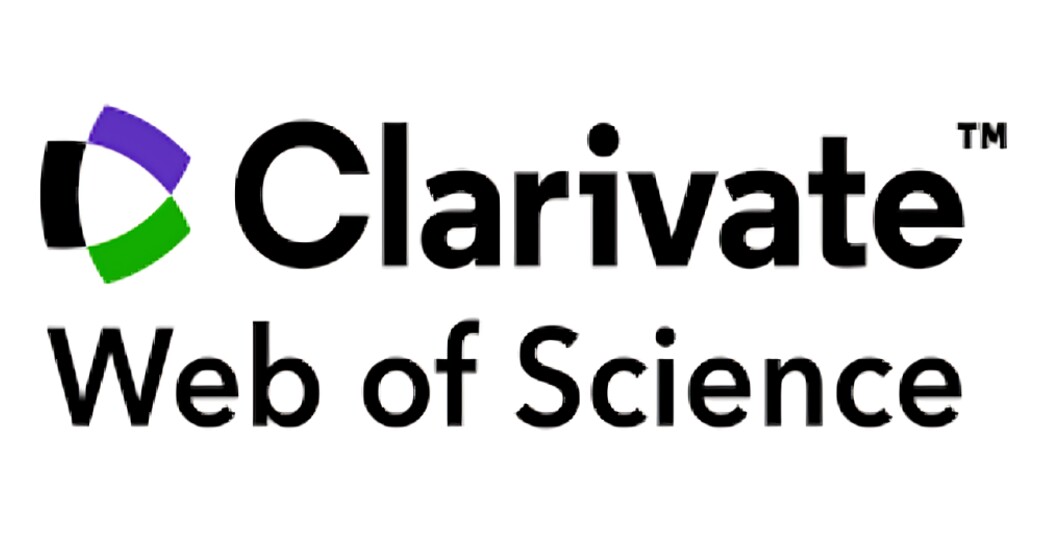جوجل سکولار: دلیل الباحثین للنشر


جوجل سکولار هو محرک بحث مصمم خصیصًا للبحث الأکادیمی. یقوم بفهرسه مجموعه واسعه من الأدبیات العلمیه، بما فی ذلک:
المقالات العلمیه: من مجموعه واسعه من التخصصات والناشرین.
الکتب: الکتب الأکادیمیه والمهنیه، بما فی ذلک الفصول والمقتطفات.
أوراق المؤتمرات: العروض والملخصات من المؤتمرات الأکادیمیه.
التقاریر الفنیه: تقاریر البحث والمنشورات من الوکالات الحکومیه والمؤسسات.
الأطروحات والرسائل العلمیه: أوراق بحثیه على مستوى الدراسات العلیا.
ابحث عن المقالات والکتب والمواد العلمیه الأخرى باستخدام الکلمات المفتاحیه، المؤلفین، المجلات والمزید.
تتبع الاستشهادات، عرض مؤشر h، واستکشاف شبکات الاستشهادات لفهم تأثیر البحث.
غالبًا ما یرتبط بنسخ مجانیه للنصوص الکامله من المقالات، مما یجعل البحث أکثر سهوله.
اربط منشوراتک، تتبع الاستشهادات، وشارک أبحاثک مع الآخرین.
ابحث عن باحثین یعملون فی مجالات مشابهه وتواصل معهم من أجل التعاون المحتمل.

أدخل الکلمات المفتاحیه المتعلقه بموضوع بحثک فی شریط البحث
للحصول على نتائج أکثر دقه، استخدم میزات البحث المتقدم فی جوجل سکولار. یمکنک البحث عن عبارات محدده عن طریق وضعها بین علامات اقتباس. یمکنک أیضًا دمج الکلمات المفتاحیه باستخدام "AND" أو "OR" لتضییق نطاق البحث. کما یمکنک تحدید البحث لتواریخ معینه أو مؤلفین أو منشورات أو أنواع مستندات معینه.
استخدم میزه "تم الاستشهاد به" للعثور على المقالات التی استشهدت بورقه معینه.
ابحث عن مقالات لمؤلف معین لاستکشاف اهتماماته ومنشوراته البحثیه.
یقترح جوجل سکولار مقالات مشابهه بناءً على بحثک الحالی.

کن محددًا: استخدم کلمات مفتاحیه وعبارات دقیقه لتصفیه نتائج البحث.
استکشاف المیزات المتقدمه: استخدم خیارات البحث المتقدم لتضییق نتائجک.
تقییم المصادر: دائمًا قم بتقییم جوده ومصداقیه المصادر التی تجدها.
متابعه الأبحاث الحدیثه: استخدم تنبیهات جوجل سکولار والتوصیات الشخصیه للبقاء على اطلاع بأحدث الأبحاث.
استخدام میزه "تم الاستشهاد به": اکتشف الأبحاث ذات الصله وفهم تأثیر المقاله المحدده.
أنشئ ملفًا شخصیًا: اربط منشوراتک وتتبع الاستشهادات لزیاده ظهور أبحاثک.
غالبًا ما یرتبط جوجل سکولار بنسخ نصیه کامله مجانیه من المقالات.
تحقق مع مکتبه الجامعه الخاصه بک لمعرفه ما إذا کانت تقدم الوصول إلى قواعد بیانات عبر الإنترنت توفر النص الکامل للمقالات. قد تتمکن من الوصول إلى مجموعه کبیره من المواد البحثیه مجانًا.
بعض المقالات منشوره فی مستودعات الوصول المفتوح مثل PubMed Central أو arXiv، مما یجعلها متاحه للجمیع مجانًا.
یمکنک أحیانًا شراء مقالات فردیه من الناشرین، على الرغم من أن هذا قد یکون مکلفًا. غالبًا ما یُستخدم هذا الخیار للمقالات التی لا تتوفر من خلال الوصول المجانی أو من خلال مکتبه الجامعه.
لا یقوم جوجل سکولار بفهرسه جمیع الأدبیات العلمیه، خاصه المنشورات القدیمه أو ذات الاستشهادات الأقل.
یوفر جوجل سکولار معلومات أقل تفصیلًا عن المقالات مقارنه بقواعد البیانات المتخصصه.
قد تحتاج إلى الوصول إلى النص الکامل للمقالات عبر مکتبه الجامعه الخاصه بک أو من خلال شرائها.

قاعده بیانات للأدبیات الطبیه الحیویه، مفیده بشکل خاص لأبحاث العلوم الصحیه.

قاعده بیانات شامله للأدبیات المعتمده من قبل الأقران، تغطی مجموعه واسعه من التخصصات.

قاعده بیانات للمقالات العلمیه والمجلات والاستشهادات، مفیده بشکل خاص لتتبع تأثیر البحث.

مکتبه رقمیه للمجلات الأکادیمیه والکتب، تقدم وصولاً إلى مجموعه واسعه من المحتوى العلمی.

مستودع للمقالات السابقه فی الفیزیاء والریاضیات وعلوم الکمبیوتر وغیرها من المجالات.
تذکر أن جوجل سکولار هو أداه قویه، ولکنه مجرد أحد الموارد فی صندوق أدوات البحث الخاص بک. استخدمه جنبًا إلى جنب مع قواعد البیانات والموارد الأخرى لإجراء بحث شامل.

إذا کنت کذلک، یمکن أن تساعدک سیتا ! سیتا هی شرکه تقدم خدمات دعم شامله للنشر للباحثین، مما یساعدهم فی عملیه النشر المعقده. إلیک ما تقدمه سیتا:
تضمن سیتا أن ورقه بحثک تلبی أعلى معاییر الجوده والوضوح. کما تضمن أن یتوافق بحثک مع أسالیب التوثیق وإرشادات المجلات المحدده.
تقدم سیتا الدعم للمجلات التی تُراجع من قبل الأقران والوصول المفتوح.
فریق سیتا هنا للإجابه على أسئلتک وتقدیم الإرشاد طوال عملیه النشر.
إذا کان لدیک أی أسئله، استفسارات، أو ترغب فی معرفه المزید عن خدماتنا، فلا تتردد فی التواصل معنا. فریقنا المخصص مستعد لمساعدتک.